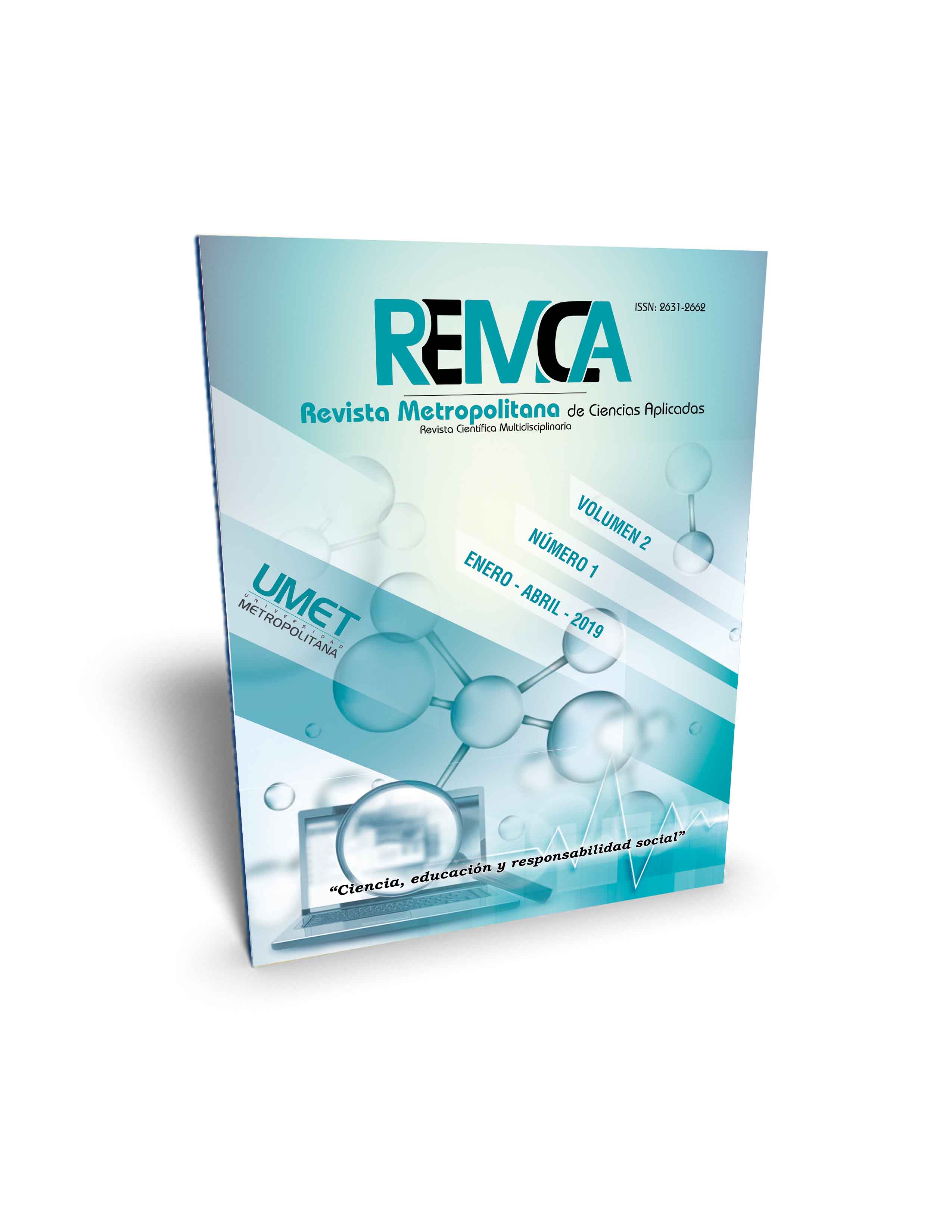The accompanying, necessity and reality tutories in the Metropolitan University of Ecuador
DOI:
https://doi.org/10.62452/hvgpwn83Keywords:
Tutorials, accompaniment, procedure manual, disabled, academic problems, behavior problems, communication problemsAbstract
organized and systematic work around the tutorials accompanying, based both on the standards established by the government bodies, control and accreditation processes in the Ecuadorian Higher Education Institutions and on the regulations and procedures manuals developed at UMET that regulate the planning, execution and assessment of these processes at an institutional level. It outlines the main ideas of the Accompanying Tutorial Procedures Manual that have been applied for the last four academic periods in the UMET and that have brought about a decrease on the dropout rates within students in the first years of their majors and a more integral follow-up for students either with disabilities or with academic, behavioral, or communication problems.
Downloads
References
Ecuador. Universidad Metropolitana. (2014). Reglamento de Régimen Académico. Consejo de Educación Superior. RPC-SQ-13-No.146-2014. Guayaquil: UMET.
Ecuador. Universidad Metropolitana. (2016). Reglamento de Tutorías. Guayaquil: UMET.
Ecuador. Universidad Metropolitana. (2012). Reglamento de Políticas de Acción Afirmativa. Guayaquil: UMET.
Espinoza Cordero, C. X. (2013). La UMET Hacia una educación inclusiva desde su propio contexto. Tendencias Pedagógicas, 22, 149-164. Recuperado de https://dialnet.unirioja.es/descarga/articulo/4657978.pdf
Downloads
Published
Issue
Section
License
Copyright (c) 2019 Freddy Montano Rodríguez, María Lucía Brito Vallina (Autor/a)

This work is licensed under a Creative Commons Attribution-NonCommercial-ShareAlike 4.0 International License.
Authors who publish in Revista Metropolitana de Ciencias Aplicadas (REMCA), agree to the following terms:
1. Copyright
Authors retain unrestricted copyright to their work. Authors grant the journal the right of first publication. To this end, they assign the journal non-exclusive exploitation rights (reproduction, distribution, public communication, and transformation). Authors may enter into additional agreements for the non-exclusive distribution of the version of the work published in the journal, provided that acknowledgment of its initial publication in this journal is given.
© The authors.
2. License
The articles are published in the journal under the Creative Commons Attribution-NonCommercial-ShareAlike 4.0 International License (CC BY-NC-SA 4.0). The terms can be found at: https://creativecommons.org/licenses/by-nc-sa/4.0/deed.en
This license allows:
- Sharing: Copying and redistributing the material in any medium or format.
- Adapting: Remixing, transforming, and building upon the material.
Under the following terms:
- Attribution: You must give appropriate credit, provide a link to the license, and indicate if any changes were made. You may do this in any reasonable manner, but not in any way that suggests the licensor endorses or sponsors your use.
- NonCommercial: You may not use the material for commercial purposes.
- ShareAlike: If you remix, transform, or build upon the material, you must distribute your creation under the same license as the original work.
There are no additional restrictions. You may not apply legal terms or technological measures that legally restrict others from doing anything the license permits.




